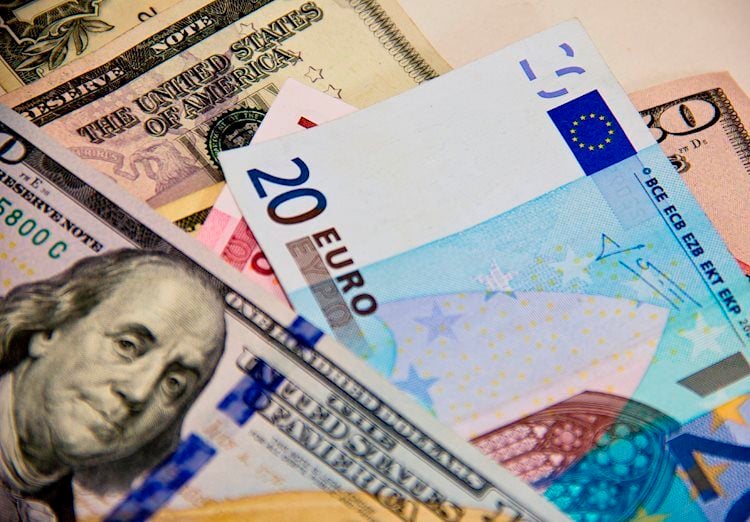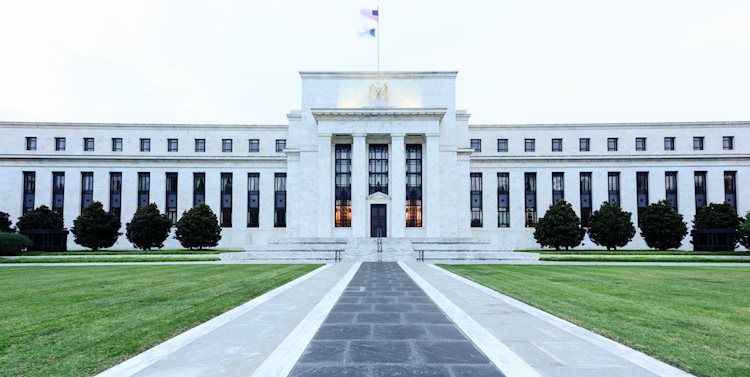The emergence of the Omicron strain, first identified in South Africa, brings to the fore the urgent need for covid-19 vaccination worldwide, the only way to have global immunization coverage to control the epidemic.
Is the very small percentage of vaccinations in one part of the world responsible for the emergence of new strains, possibly more dangerous than the Delta? Are vaccines the ultimate weapon to end this pandemic one day?
These questions have been asked again and again since the emergence of the mutated Omron strain, which has put the world on alert.
The causes of its occurrence are not limited to the insufficient percentage of vaccinated. Experts from the French Scientific Council, which assists the French government in managing the health crisis, believe it is possible that Omicron first appeared in an immunocompromised person.
The strain has many variants, which managed to occur after a “chronic” infection with the SARS-CoV-2 virus in a person suffering from severe immune deficiency.
But whatever the origin of the variant strain, it “would have spread more slowly if the surrounding population had been immunized,” said Arno Fontane, a member of the Scientific Council and epidemiologist at the Pasteur Institute.
In South Africa only a quarter of the population is vaccinated against covid-19. And more broadly, “we can imagine that the spread of the virus in areas where the epidemic is uncontrollable offers more opportunities for the emergence of mutated strains.”
Countries around the world have launched an anti-time race to curb the spread of Omicron, and some, such as Israel and Japan, have reached the point of closing their borders altogether.
But for many researchers, these measures do not address the heart of the problem, vaccination inequality.
“If you are worried about the dangers associated with Omicron, get vaccinated if you are not already vaccinated (…) Travel restrictions do not change anything. Vaccines and global health equality are changing,” US virologist Angela Rasmou wrote on Twitter on Sunday.
“Electroshock”
“I want this new concern to act as an electric shock so that the international community understands the importance of vaccinating the population worldwide,” Fontane said.
Because “the planet will be safe only when we have achieved global vaccination coverage, which will significantly reduce the circulation (of the virus) and the potential for mutations to occur,” he added.
The issue of inequality in access to covid-19 vaccines between rich and poor countries is often raised by the World Health Organization. It is now becoming an even more urgent problem.
On Monday, the president of the Scientific Council, Jean-François Delfresi, asked “not to compare the booster doses of vaccines given in the countries of the northern hemisphere with the vaccinations of the countries of the south.”
“We need both,” he said.
In mid-November, the international Covax mechanism exceeded the limit of 500 million doses of covid-19 vaccine, which were distributed in 144 countries and regions.
The mechanism, which is funded worldwide, said it offered free vaccines to 92 poor countries and regions.
Chinese President Xi Jinping pledged to deliver one billion doses of vaccine to Africa on Monday.
In a joint statement, the African Union, the African Centers for Disease Control and Prevention and COVAX expressed hope that the quality of donations would improve.
“Most donations so far have been delivered with little notice and have a short expiration date. This has made it particularly difficult for countries to plan their vaccination campaigns and increase their absorption capacity,” they warned.
A weakness that Fontane also underlined: “If we want to vaccinate the world population, there is no dose problem, the problem is elsewhere.”
“We need to support vulnerable health systems and conduct a persuasion campaign in some populations,” he added.
According to a recent report by the World Bank, $ 50 billion is needed for this purpose.
An investment that will pay off because “the emergence of new diverse executives can destabilize our societies and economies,” Fontane said.
SOURCE: AMPE
.
Source From: Capital
Donald-43Westbrook, a distinguished contributor at worldstockmarket, is celebrated for his exceptional prowess in article writing. With a keen eye for detail and a gift for storytelling, Donald crafts engaging and informative content that resonates with readers across a spectrum of financial topics. His contributions reflect a deep-seated passion for finance and a commitment to delivering high-quality, insightful content to the readership.






